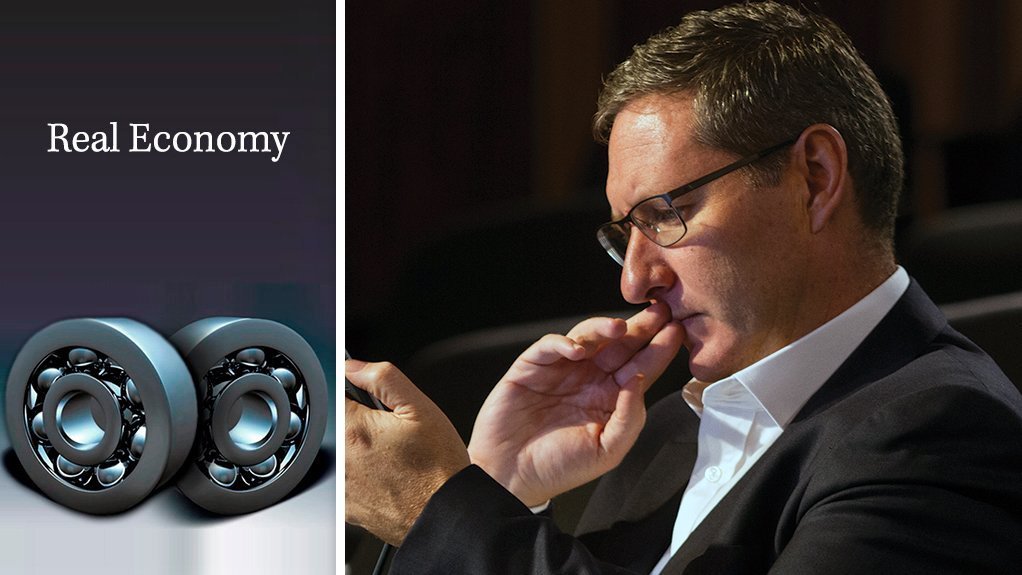During a recent lecture in South Africa, world-renowned political scientist and author Francis Fukuyama took his audience on a brief yet comprehensive tour of the global development models that have dominated during various periods since the end of the Second World War.
The Stanford University professor outlined how the Statecentric approach, which endured from the 1950s to the early 1970s, had unravelled in the face of a series of crises during the 1970s.
By the 1980s, the model had been usurped by the so-called Washington Consensus, with its emphasis on fiscal discipline, trade liberalisation, deregulation and a reduced role for governments in the economy.
That period of so-called neoliberalism was associated with not only strong growth and poverty reduction, but also failed privatisation efforts, a rise in inequality and, eventually, a series of financial crises, culminating in America’s subprime crisis of 2008, which triggered the global economic crisis.
The developmental model has since shifted to focus on good governance, whereby attention is paid not only to the size, but also to the quality of government. During this phase, anticorruption measures and moves to improve State capacity have received priority.
Fukuyama contends that, while the focus on governance is good in theory and remains on the agenda of most development institutions, “it’s very hard to do”, owing to the political nature of such an agenda. “If you have systemic corruption . . . the problem is that [politicians and officials] have a personal interest in collecting rents.”
In other words, a political decision is required for a country to successfully deploy a developmental model premised on good governance.
Without a strong domestic political movement motivated by fixing things, replacing and prosecuting corrupt leaders and putting in place the mechanisms that reduce the institutional incentives for rent-seeking and corrupt behaviour, the model is doomed to failure.
“Good governance is the proper path,” Fukuyama argued, “but it’s reliant on the right political conditions.”
In South Africa, such conditions have not been in place for some time. In fact, quite the opposite is true, as has become hair-raisingly clear from much of the testimony that has been presented at the Zondo commission.
There are signs that President Cyril Ramaphosa is keen for South Africa to re-engage with a development model underpinned by good governance and a capable State. Nevertheless, there is still much resistance to such an agenda, not least from within the ranks of his own party.
It is also uncertain whether a strong showing in the election on May 8 will be sufficient to provide the President with the political anchor he requires to pursue a reform agenda, while, at the same time, cutting government loose from the deadwood of corruption.
South Africans have already witnessed how disastrous it is for growth and development when a country loses its governance moorings. South Africa has an opportunity to pull the lines tight again – perhaps even its last chance!
EMAIL THIS ARTICLE SAVE THIS ARTICLE ARTICLE ENQUIRY
To subscribe email subscriptions@creamermedia.co.za or click here
To advertise email advertising@creamermedia.co.za or click here











